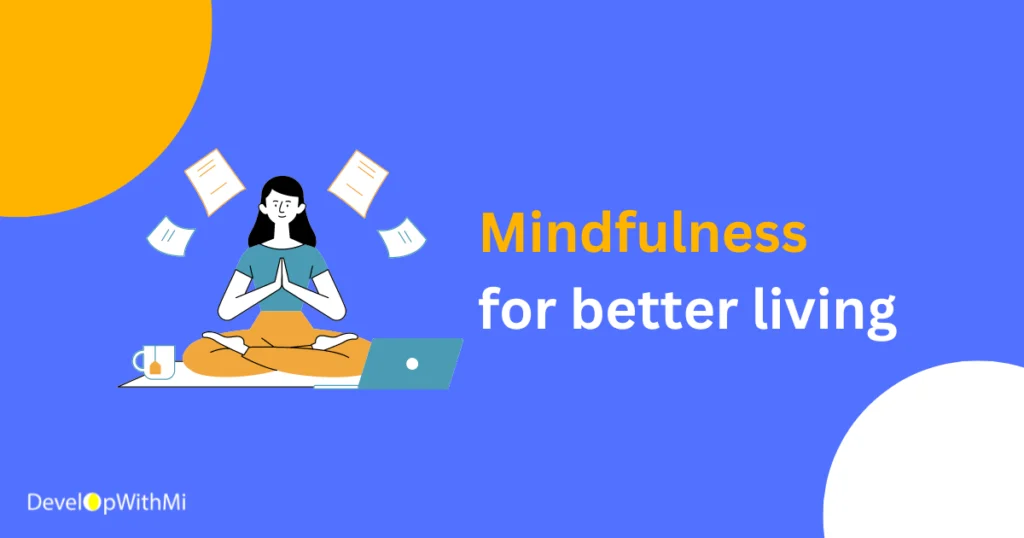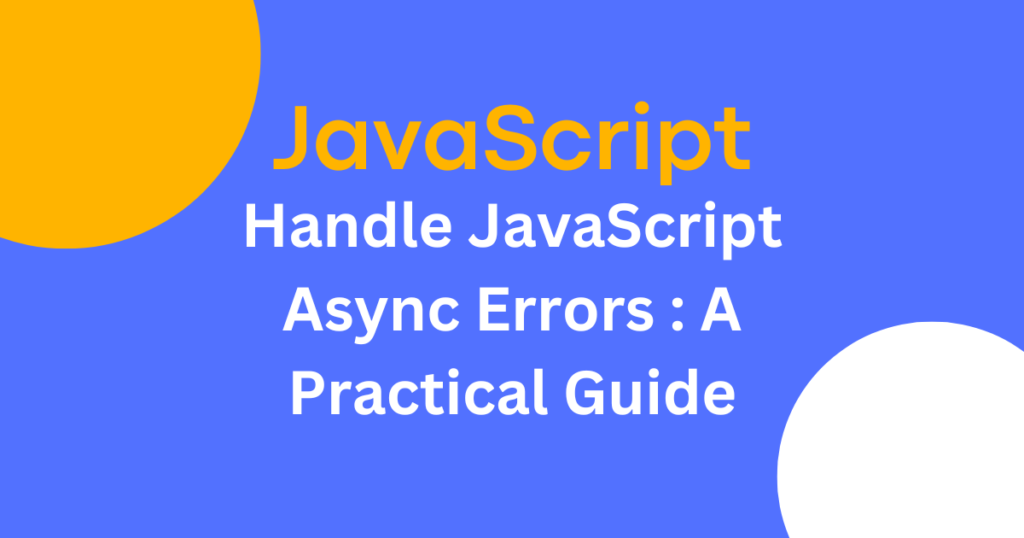In today’s fast-paced world, finding moments of peace and clarity can feel like a luxury. However, amidst the chaos, there exists a timeless practice that can anchor us to the present moment. Often associated with meditation, mindfulness is more than just a relaxation technique; it’s a way of life—a practice that invites us to cultivate awareness and presence in every aspect of our daily lives.
Understanding Mindfulness:
At its core, mindfulness is the practice of being fully present and engaged in the moment, without judgment. It is commonly thought that the origins of mindfulness practice lies in Buddhism, the history actually goes much further back than that and can be linked to the yogic practices of the Hinduism. Mindfulness has gained popularity in recent years as a secular practice with profound implications for mental and physical well-being.
Mindfulness involves paying attention to our thoughts, feelings, bodily sensations, and the surrounding environment with openness and curiosity. It’s about acknowledging the present moment as it is, without getting caught up in worries about the past or anxieties about the future. By anchoring ourselves in the here and now, we can cultivate a sense of inner peace and resilience in the face of life’s challenges.
Core Principles of Mindfulness
The essence of mindfulness lies in its core principles: non-judgment, acceptance, and present moment awareness. By embodying these principles, individuals can cultivate a deeper understanding of themselves and the world around them.
Benefits of Mindfulness
Research has shown that mindfulness offers a wide range of benefits, including stress reduction, improved focus and concentration, enhanced emotional regulation, and greater overall well-being. By training the mind to be more present and attentive, individuals can experience profound shifts in their quality of life.
Bringing Mindfulness into Daily Activities:
One of the beauties of mindfulness is its accessibility—it can be practiced anytime, anywhere, and in virtually any activity. By infusing mindfulness into our daily routines, we can transform mundane tasks into opportunities for self-awareness and growth.
Consider starting your day with a simple mindfulness exercise, such as mindful breathing. Take a few moments to focus on your breath, noticing the sensations as you inhale and exhale. This can help ground you in the present moment and set a positive tone for the day ahead.
Throughout the day, look for opportunities to bring mindfulness into your activities. Whether you’re washing dishes, walking to work, or eating a meal, approach each moment with intention and attention. Notice the sights, sounds, smells, and sensations associated with the activity. When your mind inevitably wanders, gently bring it back to the present moment without judgment.
Even during moments of stress or busyness, mindfulness can be a powerful ally. When feeling overwhelmed, take a mindful pause. Close your eyes, take a few deep breaths, and check in with yourself. Notice any tension or discomfort in your body, and allow yourself to release it with each exhale. This brief moment of mindfulness can help you reset and approach challenges with greater clarity and calm.
By integrating mindfulness into your daily activities, you can cultivate a deeper sense of presence, peace, and gratitude in your life. As you continue to practice, you may find that even the simplest moments become infused with beauty and meaning.
Cultivating Mindfulness in Relationships:
Mindfulness isn’t just about connecting with ourselves; it’s also about deepening our connections with others. In our fast-paced world, it’s easy to get caught up in distractions and lose sight of the people around us. However, practicing can help us cultivate empathy, compassion, and authentic communication in our relationships.
Practicing Mindful Listening
Start by practicing mindful listening. When engaging in conversations with loved ones, colleagues, or friends, make a conscious effort to truly listen—not just to their words, but also to their emotions and body language. Set aside distractions, such as your phone or other devices, and give the other person your full attention. Notice any urge to interrupt or formulate a response, and instead, focus on fully understanding their perspective.
Navigating Conflicts Mindfully – Cultivating Empathy and Connection
Mindfulness can also help us navigate conflicts and disagreements with grace and compassion. Rather than reacting impulsively or defensively, take a moment to pause and center yourself. Notice any strong emotions or sensations arising within you, and allow yourself to acknowledge them without judgment. Then, respond mindfully, speaking from a place of understanding and empathy rather than reactivity.
By bringing mindfulness into our relationships, we can foster deeper connections, build trust, and strengthen our bonds with others. Whether with romantic partners, family members, or colleagues, the practice can transform our interactions from superficial exchanges into meaningful moments of genuine connection.
Mindfulness and Productivity:
In a world that glorifies busyness and multitasking, it’s easy to fall into the trap of constant activity without truly being present. However, research has shown that practicing mindfulness can actually enhance productivity and efficiency by fostering focus, clarity, and creativity.
Integrating Mindfulness into Workday Routines:
Start by incorporating short mindfulness practices into your workday. Set aside a few minutes each hour to pause and check in with yourself. Close your eyes, take a few deep breaths, and center your attention on the present moment. Notice any thoughts or distractions pulling you away from your tasks, and gently bring your focus back to the task at hand.
Managing Stress and Preventing Burnout:
Mindfulness can also help you manage stress and prevent burnout in the workplace. When faced with tight deadlines or high-pressure situations, take a mindful break to reset and recharge. Step away from your desk, go for a short walk, or simply close your eyes and breathe deeply. By giving yourself permission to pause and rest, you can approach challenges with renewed energy and clarity.
Enhancing Creativity and Innovation:
Additionally, mindfulness can enhance creativity and innovation by quieting the mind and allowing new ideas to emerge. When faced with a creative block or problem-solving challenge, take a step back and engage in a mindfulness practice such as meditation or mindful walking. By quieting the noise of the mind, you create space for fresh insights and innovative solutions to arise.
Incorporating mindfulness into your work life can lead to greater productivity, creativity, and overall satisfaction. By cultivating a mindful approach to your tasks and interactions, you can work smarter, not harder, and find greater fulfillment in your professional endeavors.
Overcoming Common Challenges
While the benefits of mindfulness are undeniable, incorporating it into our daily lives isn’t always easy. Like any practice, it requires dedication, patience, and perseverance. However, there are common challenges that many people encounter along the way, and knowing how to overcome them can help sustain your mindfulness journey.
Managing a Wandering Mind
One common challenge is the tendency for the mind to wander. Our brains are wired to constantly seek stimulation and distraction, making it difficult to maintain focused attention. When you notice your mind drifting during mindfulness practice, don’t criticize yourself. Instead, gently acknowledge the distraction and gently guide your focus back to the present moment, perhaps by returning to your breath or the sensations in your body.
Finding Time Amidst Busy Schedules:
Another challenge is finding time for it amidst the demands of daily life. It’s easy to prioritize seemingly urgent tasks over self-care practices like meditation or mindfulness exercises. However, carving out even just a few minutes each day for mindfulness can have profound benefits. Consider integrating mindfulness into activities you already do, such as eating, walking, or commuting, to make it more accessible and sustainable.
Addressing Resistance and Skepticism
Resistance or skepticism towards mindfulness is also a common hurdle for many people. Some may view it as too “woo-woo” or spiritual, while others may doubt its effectiveness or relevance to their lives. If you encounter resistance or skepticism, approach it with an open mind and curiosity. Experiment with different techniques and approaches to see what resonates with you, and be patient with yourself as you explore this new practice.
Ultimately, overcoming these common challenges requires commitment, self-compassion, and a willingness to embrace the process of learning and growth. By persisting through obstacles and staying connected to your intention for practicing mindfulness, you can reap the transformative benefits of this powerful practice.
Sustaining a Mindful Lifestyle:
The key to sustaining a mindful lifestyle lies in integrating mindfulness into every aspect of your life, rather than treating it as a separate practice reserved for specific times or activities. It isn’t just something we do; it’s a way of being—a lens through which we view the world and engage with each moment.
Establishing a Daily Routine:
Start by establishing a daily mindfulness routine that works for you. This could include formal practices like meditation or yoga, as well as informal practices like mindful breathing or body scans. Experiment with different techniques and find what resonates with you, then commit to practicing regularly, even if it’s just for a few minutes each day.
Infusing Mindfulness into Daily Activities:
In addition to formal practices, look for opportunities to infuse mindfulness into your daily activities. Whether you’re eating, walking, working, or spending time with loved ones, approach each moment with presence and intention. Notice the sights, sounds, smells, and sensations around you, and savor the richness of each experience.
Seeking Support and Accountability:
Finally, find support and accountability in your mindfulness journey. This could involve joining a meditation group or mindfulness community, attending workshops or retreats, or simply connecting with friends or loved ones who share your interest. By surrounding yourself with like-minded individuals, you can stay inspired, motivated, and connected to the practice.
By integrating mindfulness into every aspect of your life and nurturing a supportive community, you can sustain a mindful lifestyle that brings greater presence, peace, and fulfillment to each moment. Remember that mindfulness is a journey, not a destination, and that every moment offers an opportunity to cultivate greater awareness and aliveness.




